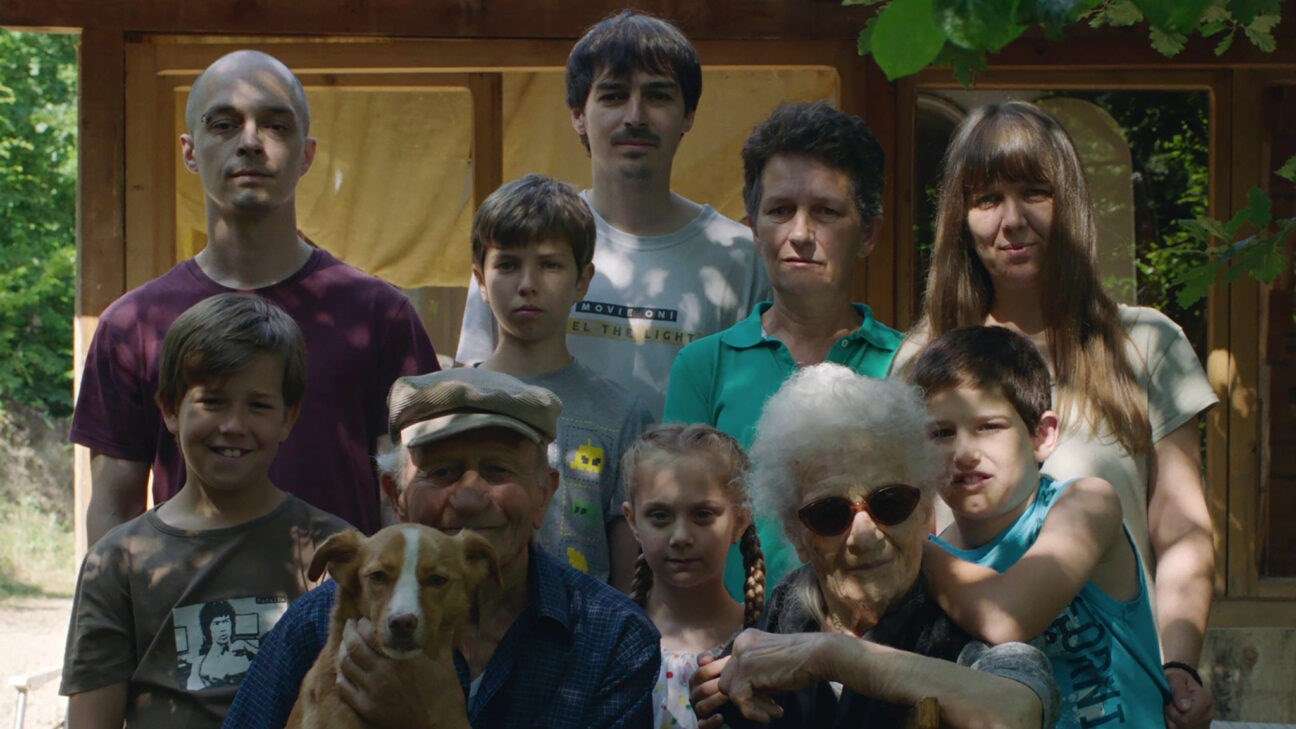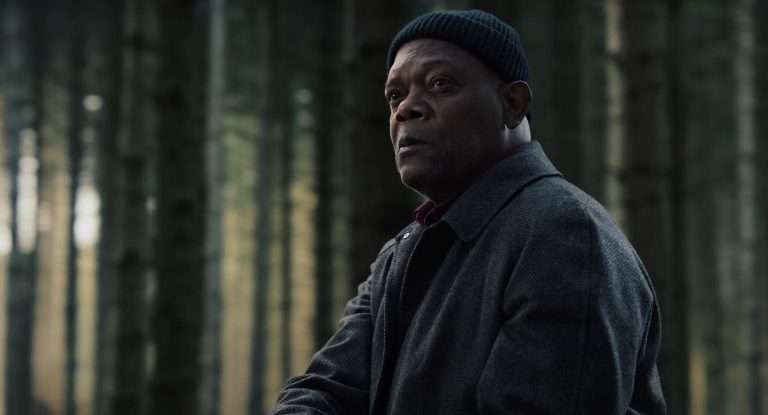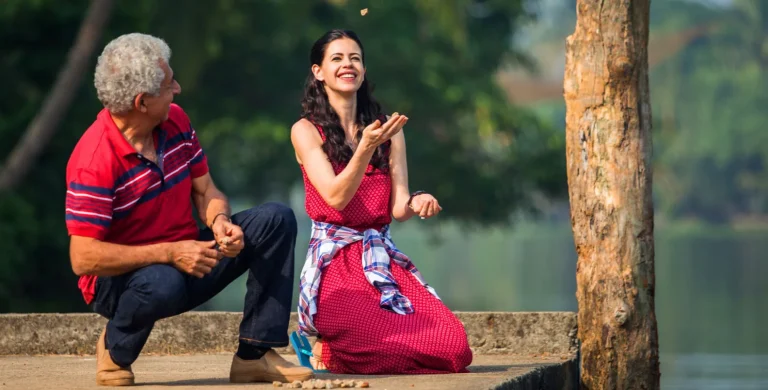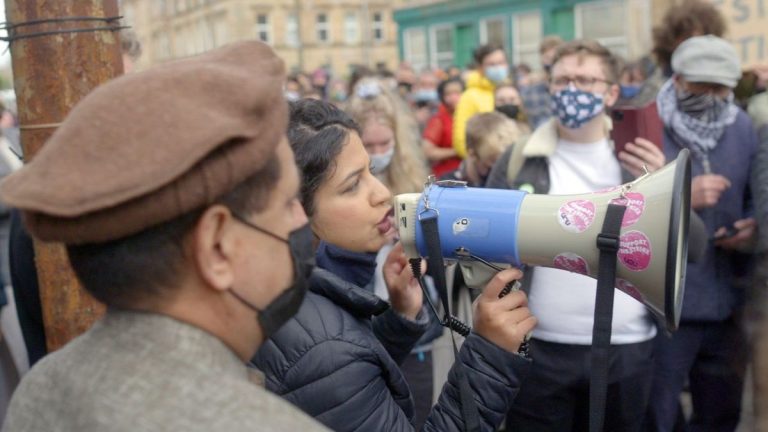In the shadow of loss spreads utter disorientation. You are left completely discombobulated, senses numbed, flung out into an abyss of deep uncertainty. Things that may have seemed sure and stable seem to slip away into a haze. Stefan Djordjevic’s debut feature Wind, Talk to Me (Vetre, pricaj sa mnom, 2025) looks inwards, seeking anchorage amidst family and loved ones in the wake of his mother’s passing.
What was originally intended to be a film about his mother widens and changes shape once she’s no longer around. Stefan’s romantic relationship has also just ended. It’s a deeply vulnerable emotional place where the film opens, and Djordjevic plunges deeper into it, contemplating where he stands in the world and the things he can take grace in. This portrait of bereavement and healing is enfolded alongside rhythms of the natural world, a life cast in the shade of the elements, the shelter of animal friends. Everything is conjoined with grace, a balance of sorrow and release.
“Believe the wind-it brings wishes to life,” his mother used to say. “For miracles to happen, you must believe”. The bleakness of everything no longer making any sense can translate to hope, with just a bit of conviction, a dogged hope that right around the bend, life does exist. You can’t let yourself be so forsaken that you stop recognizing and responding to signs the world flashes.
Wind, Talk to Me doesn’t look at the dying mother as a thing of the past, something to wholly get over. Rather, her philosophy infuses the loose temporality of the film, which is anyway structurally evanescent. It is as permeable to, absorbing of growth and movement as it instils textures of the past into the present. A dog, Lipa, is the conduit through which the family shares their grief. Lipa is almost like the final thread pulling them together, his love abiding and watchful.

As Stefan joins the birthday celebration of his grandmother in the countryside family home, he invites his whole family to insert themselves into the film. The camera assumes the presence of a playful companion, fully porous and open to self-aware constructions of its new, added subjects. We watch particular frames of a group being devised, people to be in the frame scrambling into positions. Initial restlessness behind designed frames gradually gives way to fragments of scenes shot with restful, languid measures. It feels improvised, the compositions arranging themselves ultimately upon the whims of the family inhabiting them. Smidgens of resistance and awkwardness cave into a kindred spirit, a genuine sense of togetherness allied to the purpose of the film.
The self-reflexivity in Wind, Talk to Me is refracted through with soul-searching tenderness. There’s no hurry or imposed artifice in the filmmaking. Djordjevic is a curious, attentive listener even as emotionally he’s being churned inside out. His gaze, despite its wanderings, is stilled. The honesty and understated observational style swerves into moments of devastating emotional candor. Sadness perforates the edges of the film but here is also the fluidity of repose, the soul gathering itself. Great films invite you to congregate in their worlds without forced rhetoric or design. Even if there is a clear intent, they are reanimated with a freedom of inquiry, an unaffected pose. Wind, Talk to Me is a leisurely sprawl, gladly receding while simultaneously expanding its scope.
It’s like a quiet hum of a prayer, rummaging through ties that bind. It’s a film whose surfaces shift as they reflect everyday acts of living, sharing what the world has to offer under its vast, freeing canopy.
Wind, Talk To Me premiered at the International Film Festival Rotterdam (IFFR) 2025
Wind, Talk to Me (2025) Movie Links: IMDb, MUBI







![The Courtroom [2022] Tribeca Review: Captivating Courtroom Drama Gets Elevated with Good Acting & Writing](https://79468c92.delivery.rocketcdn.me/wp-content/uploads/2022/06/The-Courtroom-2022-Tribeca-768x432.jpg)